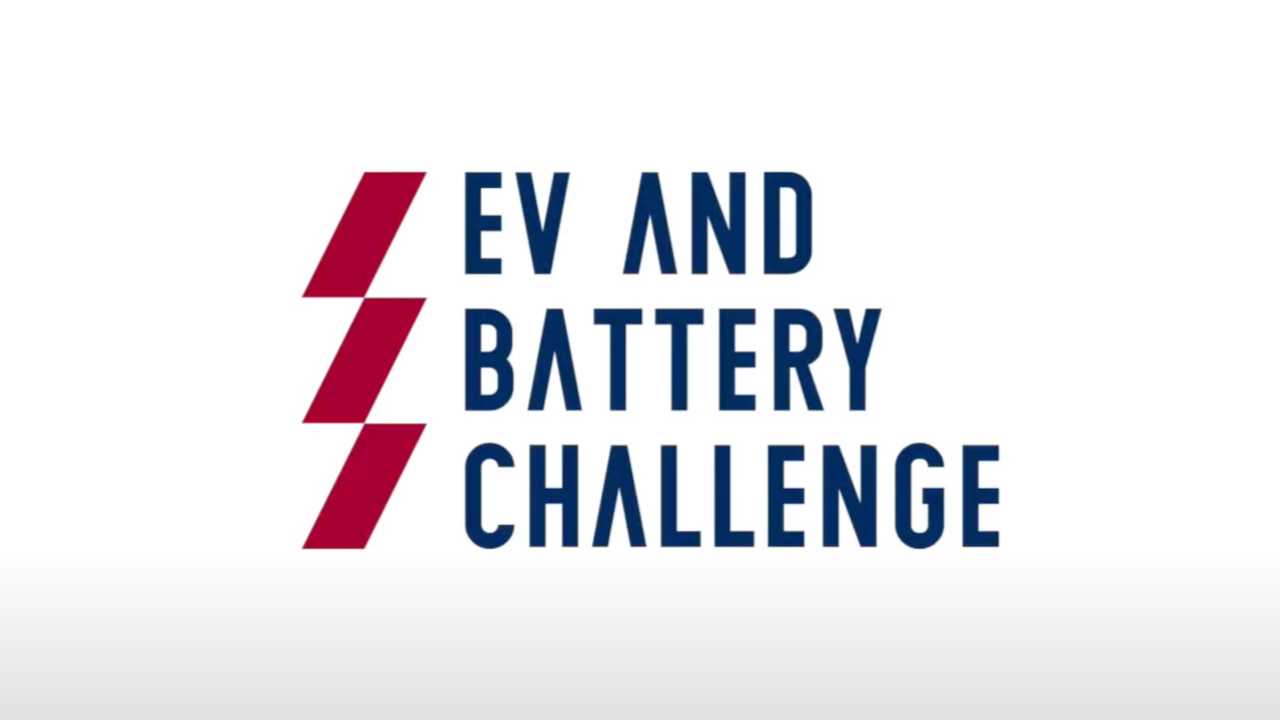The battery manufacturer LG Chem and the automotive group Hyundai (accompanied by its subsidiary KIA) have decided to sponsor the “EV & Battery Challenge.” A global competition that will allow the selection of up to 10 startups focused on the development of electric cars and batteries. They will work with Hyundai, KIA, and LG Chem on next-generation technologies.
New Energy Nexus, the international organization supporting new companies, will manage the entire process. Thanks to this initiative, the selected young companies will be able to take advantage of their sponsors’ tremendous technical experience and resources (for example, their laboratories) to develop their proposals.
Startups dedicated to the development of charging technologies for electric vehicles, fleet management, power electronics, components, personalization services, and batteries (materials, recycling, manufacturing processes, electronic management systems, etc.) may participate in this initiative. They will have to apply on the evbatterychallenge.com page from June 22 to August 28.
Applicants who pass the first review on business and technology feasibility will move to a virtual interview phase in October. Finalists will attend a two-day workshop at the Hyundai CRADLE Silicon Valley Innovation Center in November, where Hyundai, KIA, and LG Chem will verify the technologies of the participants.
Currently, LG Chem is one of the largest manufacturers of battery cells for electric cars in the world, while Hyundai is one of the automotive groups most committed to electric mobility. In fact, Hyundai’s market share in the electric car sector is higher than its quota in that of thermals.
This is not the first project in which LG Chem and Hyundai have collaborated in recent times. They have recently announced the creation of a joint-venture to manufacture batteries in Indonesia jointly. Also, LG Chem is the supplier of the cells used in models such as the successful Hyundai Kona Electric, an assembled model in both South Korea and Europe.

